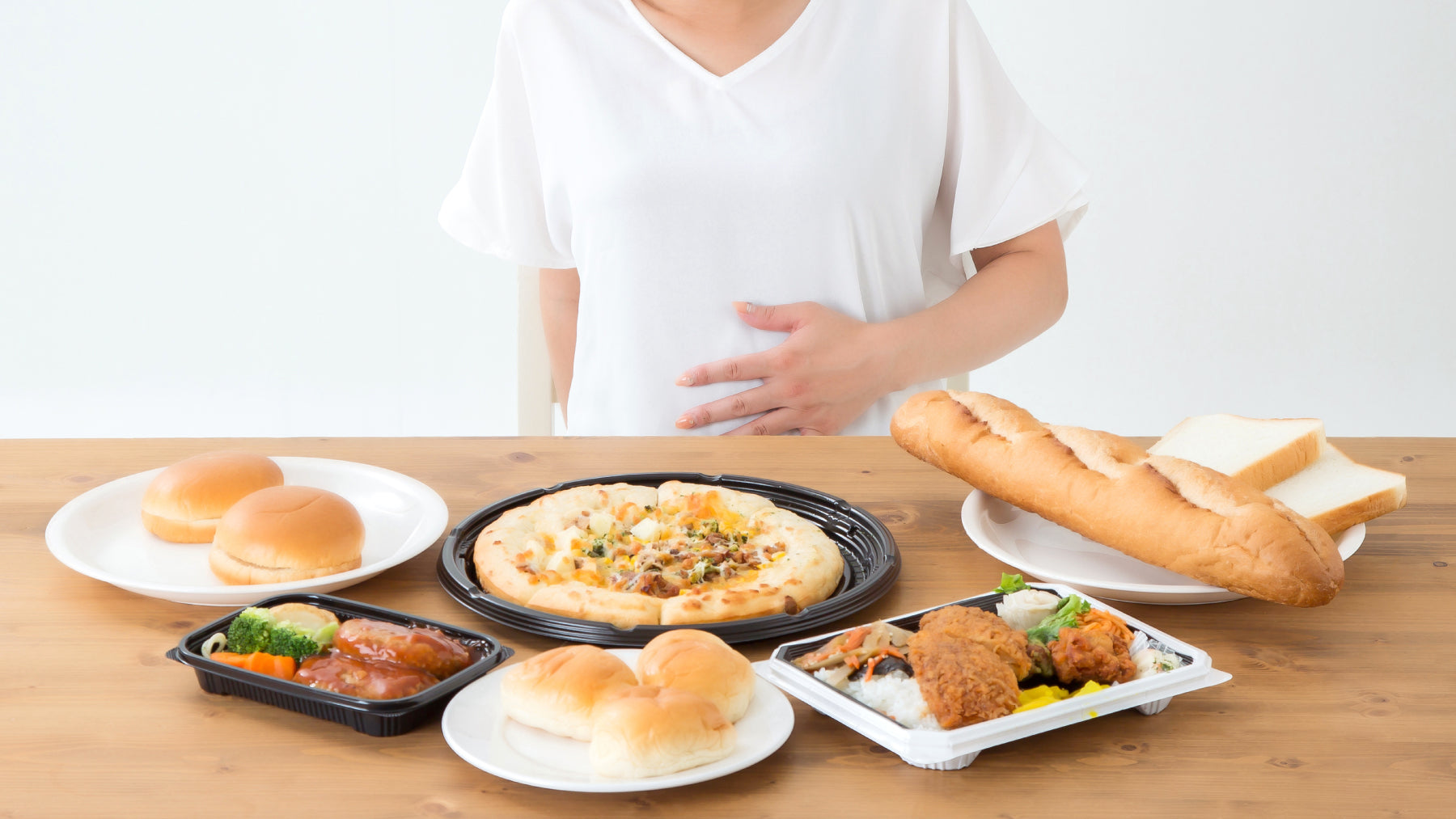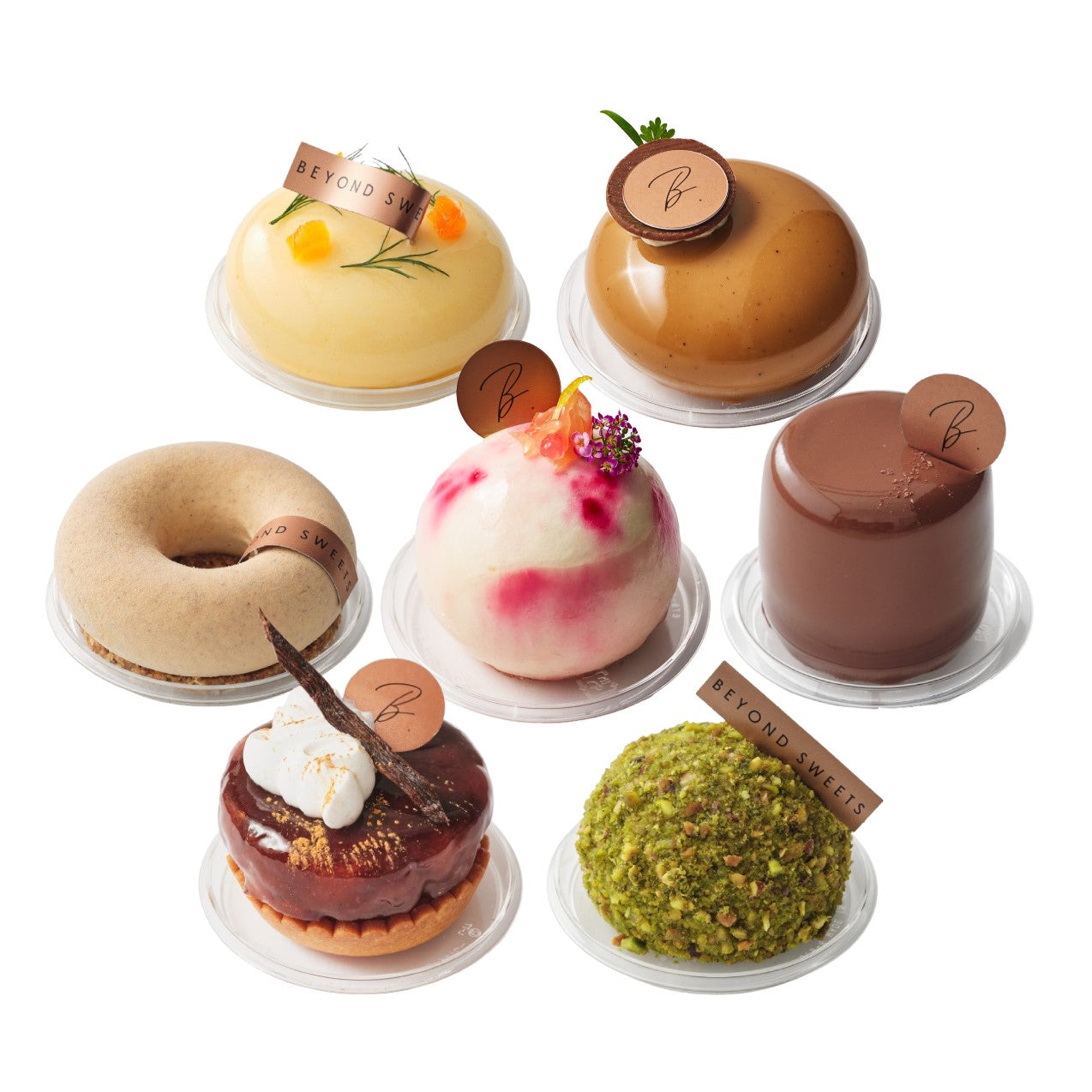
Why does sugar make you fat? The relationship between sugar and weight gain
Carbohydrates contained in food are an essential nutrient for energy. However, it is often said that excessive intake can lead to weight gain, which is why "low-carb" or "cut-carb" foods have been attracting attention in recent years. However, not many people can correctly explain the mechanism by which carbohydrates make you fat. Here, we would like to provide a scientific explanation of how carbohydrates and weight gain work.
■The basic role of carbohydrates
Carbohydrates are broken down in the body into glucose, which is used as an energy source. The brain and muscles in particular require glucose as an energy source, making it essential for our daily lives.
However, problems arise when carbohydrate intake exceeds energy expenditure.
■ Surplus energy storage system
Carbohydrates that are not used as energy are stored as fat through the following process:
≪Used as glucose≫
First, carbohydrates ingested from food are consumed in the body as an energy source.
≪Stored as glycogen≫
Excess glucose is temporarily stored in the liver and muscles as "glycogen." However, this storage capacity is limited, and it is not possible to store large amounts.
Converted into fat
Carbohydrates that exceed glycogen stores are converted to triglycerides in the liver and stored in fat cells, a process that is the primary cause of weight gain.
■ The relationship between insulin and fat accumulation
When blood sugar levels rise due to carbohydrate intake, a hormone called "insulin" is secreted from the pancreas. Insulin has the following effects:
It helps glucose get into cells to bring blood sugar levels back into the normal range.
It inhibits the breakdown of fat and promotes fat accumulation.
If you continue to eat a high-carbohydrate diet, insulin will be secreted more frequently, which will result in fat being stored more efficiently.
■ Types of carbohydrates and how easily they make you gain weight
There are also "good carbohydrates" and "bad carbohydrates".
Good carbohydrates (low GI foods)
Brown rice and vegetables are digested and absorbed slowly, causing a gradual rise in blood sugar levels.
Bad carbohydrates (high GI foods)
Sugar, white bread, etc. cause blood sugar levels to rise rapidly and stimulate excessive insulin secretion.
Consuming too much "bad carbohydrates" can accelerate the accumulation of fat.
■ Summary: How to properly deal with carbohydrates
Carbohydrates themselves are not the bad guy; it's the amount, quality and timing of intake that are important.
- Be conscious of balance. <br data-mce-fragment="1">Carbohydrates are essential, but make sure to consume an appropriate amount, taking into account your overall energy intake and activity levels.
- Choose low GI foods <br data-mce-fragment="1">It is important to pay attention to the quality of your food in order to stabilize blood sugar levels and prevent fat accumulation.
While carbohydrates support us as a source of energy, they also have the characteristic that excessive intake can easily lead to accumulation as fat. Choose them wisely in your daily diet to maintain a healthy body.
[BEYOND SWEET's low-sugar sweets]
・Click here for a list of low-sugar sweets and cakes (around 10g of sugar)>>
・Click here for a list of sweets and cakes with low sugar content (5g or less)>>
BEYOND SWEET: A specialty store for healthy sweets
[Three categories of BEYOND SWEETS]
■BEYOND1 Beauty and Diet>>
■BEYOND2 Medical Sports>>
■BEYOND3 Allergy Friendly>>


![[Limited to first-time buyers] 10-item trial sweets set for your body *Free shipping now](http://www.beyondsweets.com/cdn/shop/files/2.jpg?v=1712886879&width=1125)
![Berry Pistachio (sugar-free) [whole]](http://www.beyondsweets.com/cdn/shop/files/2025-03-07113323.jpg?v=1741328178&width=1024)

![[SOLD OUT] Botanic Chocolate 6 pieces](http://www.beyondsweets.com/cdn/shop/files/25-01-29_DSC8564.jpg?v=1740793326&width=1024)
![[SOLD OUT] Botanic Chocolate 4 pieces](http://www.beyondsweets.com/cdn/shop/files/25-01-29_DSC8563.jpg?v=1740724484&width=1024)







